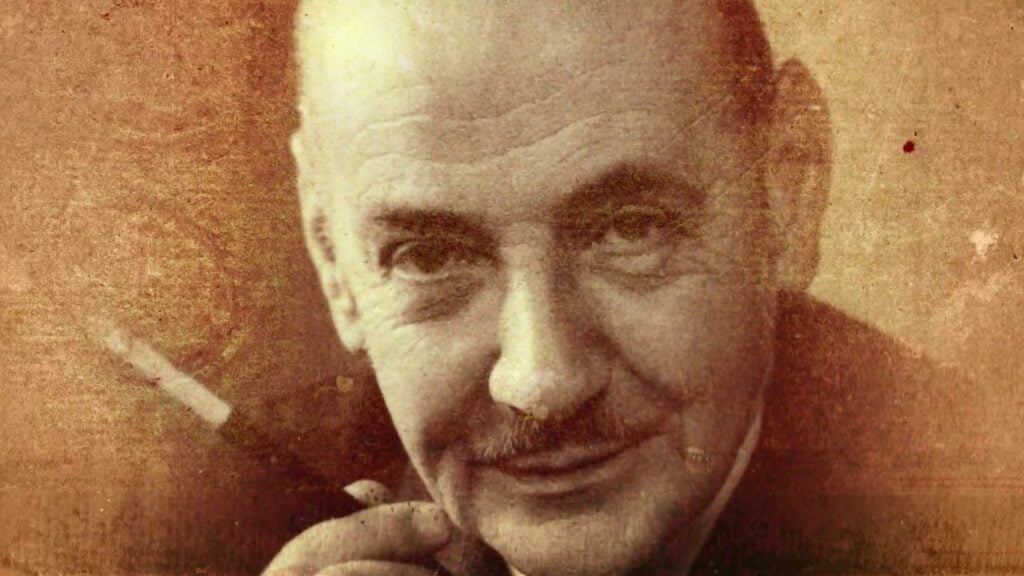Albert Günther Göring was Hermann Göring’s younger brother, a German engineer and businessman, the head of the German Luftwaffe, and a leading member of the Nazi Party. Unlike his brother, Albert was anti-Nazi and assisted Jews and others persecuted in Nazi Germany. But did you know that Göring was never recognized for his contribution?
Albert Göring, Hermann Göring’s brother, was a Nazi opponent who assisted persecuted Jews and others in escaping Nazi Germany. He died in 1966 without ever receiving recognition for his actions.
The Differences Between Albert Göring and Hermann Göring
Many people flocked to Hitler and his Nazi Party as they rose to power in the early 1930s.
He was regarded as Germany’s savior, and his ultra-nationalist movement gained significant traction in a short period.
Many infamous Nazi Party members, such as Heinrich Himmler, Reinhard Heydrich, and Joseph Goebbels. Hermann Göring, the head of the Luftwaffe and Hitler’s designated successor until his expulsion in April 1945, was one well-known member.
Albert Göring, one of several siblings, was Hermann Göring’s younger brother. Unlike his older brother, Albert despised Nazism and the brutal ideals that accompanied it.
Despite widespread skepticism in the immediate aftermath of the war, Albert Göring is now known as the Good Göring. He serves as a perfect reminder to us that evil is not inherent. Hermann chose the dark path, whereas Albert chose the less-traveled high road. (Source: The Fact Site)
Albert Göring Before the War
Albert Göring lived an aristocratic life with his Jewish godfather, Ritter Hermann von Epenstein, before the rise of the Nazi Party in 1933. He was on his way to an unremarkable but comfortable life as a filmmaker in Germany.
Between 1933 and the outbreak of WWII, Albert Göring actively opposed the Nazi regime and its ideology, particularly its treatment of Jews. Albert once joined a group of Jewish women forced to clean the streets.
When the in-charge SS officer checked Albert’s identification papers, he immediately stopped the entire group from scrubbing the streets. The SS Officer realized this was the only way to avoid being held responsible for Hermann Göring’s brother’s public humiliation. (Source: The Fact Site)
Albert Goring’s Wartime Activism
Not long after the war began, two of Albert Göring’s friends and former employers were arrested in Austria for being Jewish. Albert lobbied his brother and used his clout with Hermann to secure the release of both Oskar and Kurt Pilzer.
Kurt, who fled to America with his family, would return to testify on Albert’s behalf at the Nuremberg Tribunal. When Albert Göring became the export director for Skoda in Czechoslovakia, he increased his anti-Nazi activism.
Here, he maintained contact with the Czech resistance movement and coordinated several minor acts of sabotage against the Nazi regime. Albert Göring frequently forged his brother’s signature on forged identity papers and travel documents to help dissidents flee the Nazi regime.
When he was caught doing this, he always used his brother Hermann’s influence to get himself out of trouble. He also orchestrated several escapes from Nazi concentration camps by dispatching trucks with laborer requests.
The trucks would leave the camps with prisoners on board and stop somewhere remote so that they could flee. (Source: The Fact Site)
Image from IMDb
